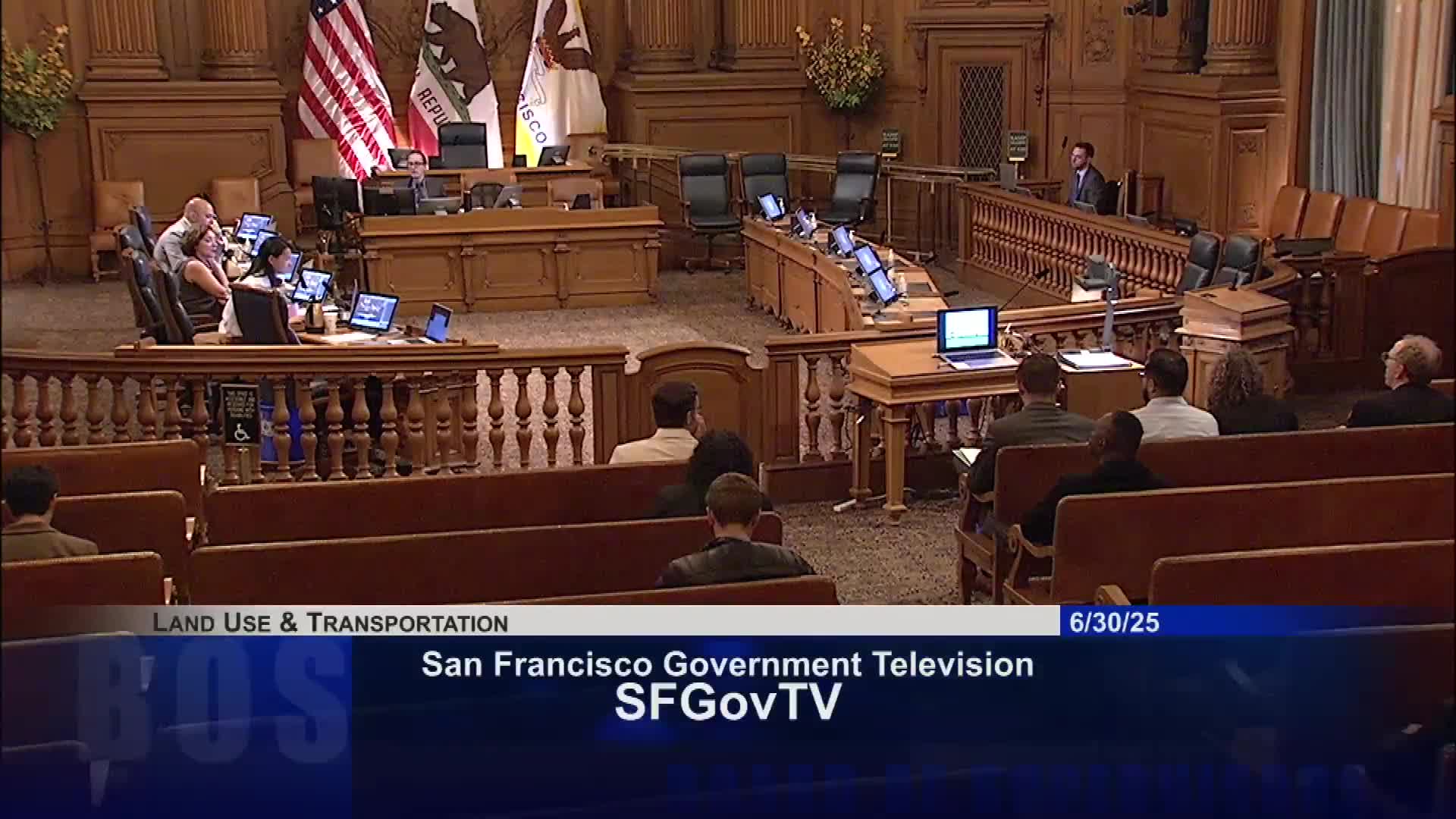Article not found
This article is no longer available. But don't worry—we've gathered other articles that discuss the same topic.
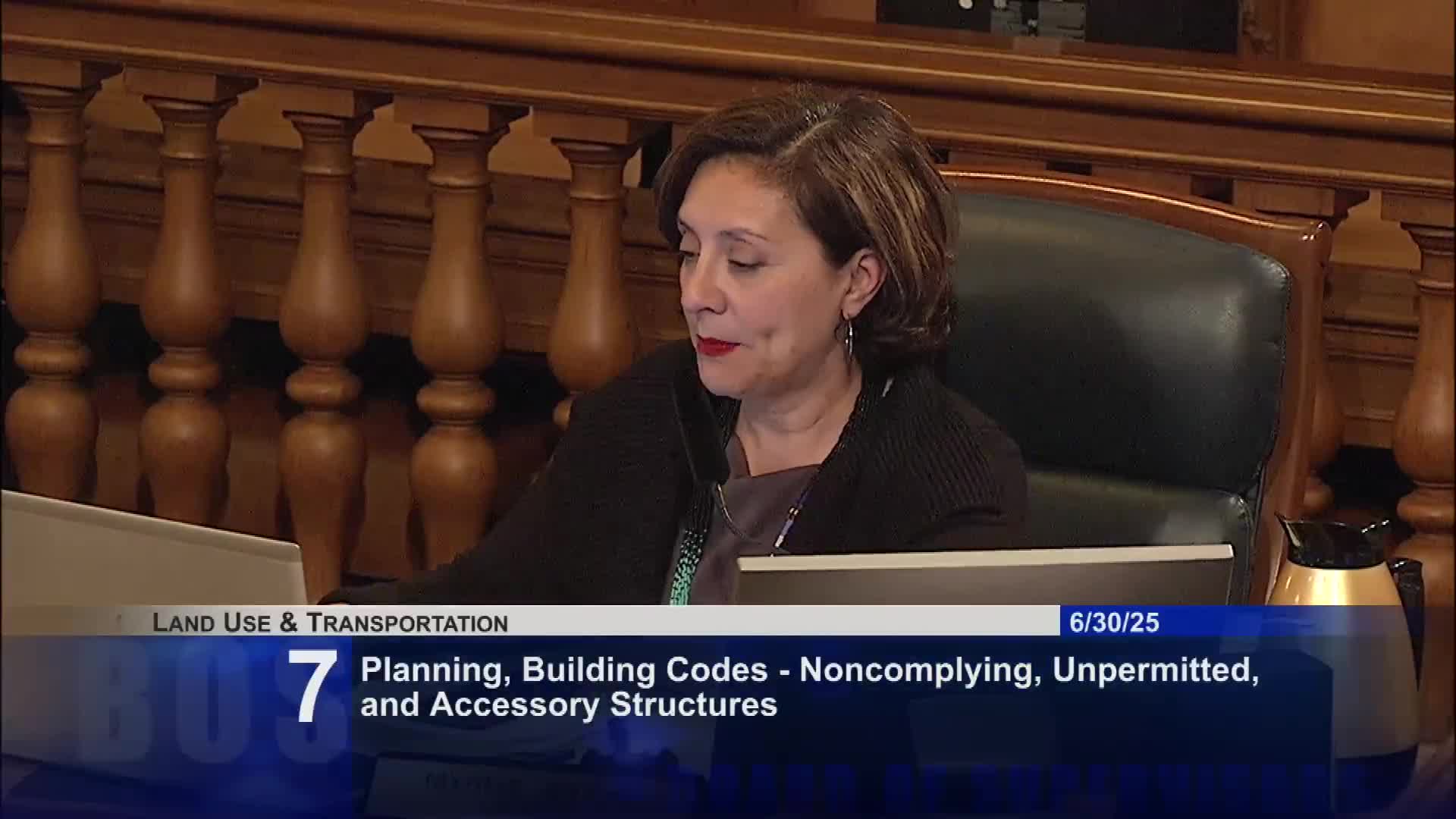
Committee advances ADU condominium-conversion option with amendments and safeguards; forwards item as committee report
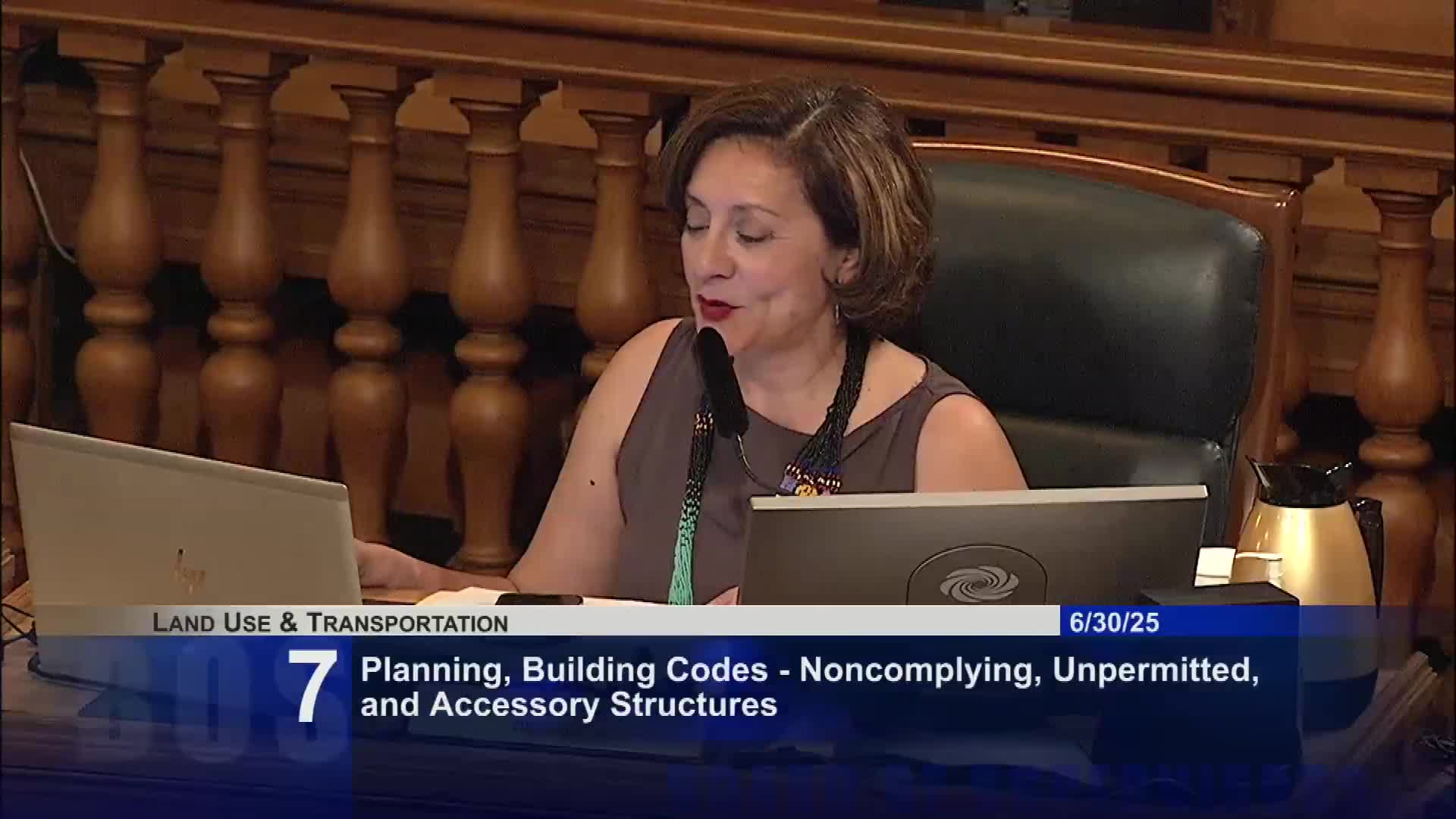
Committee continues ordinance to simplify rules for accessory yard structures after questions about sleeping quarters and process
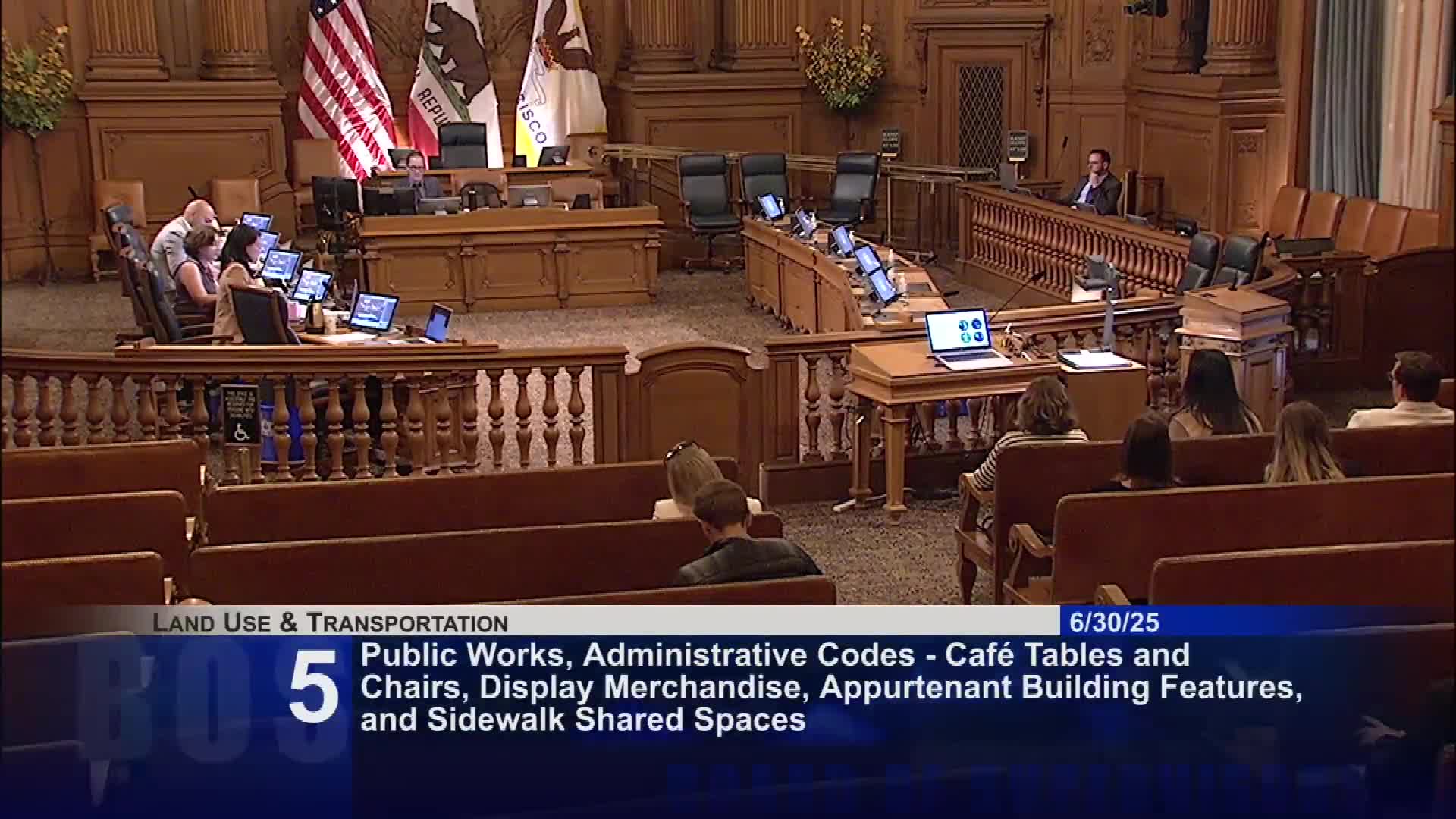
Committee backs simplification of temporary-use authorizations to support pop‑ups, campaign offices
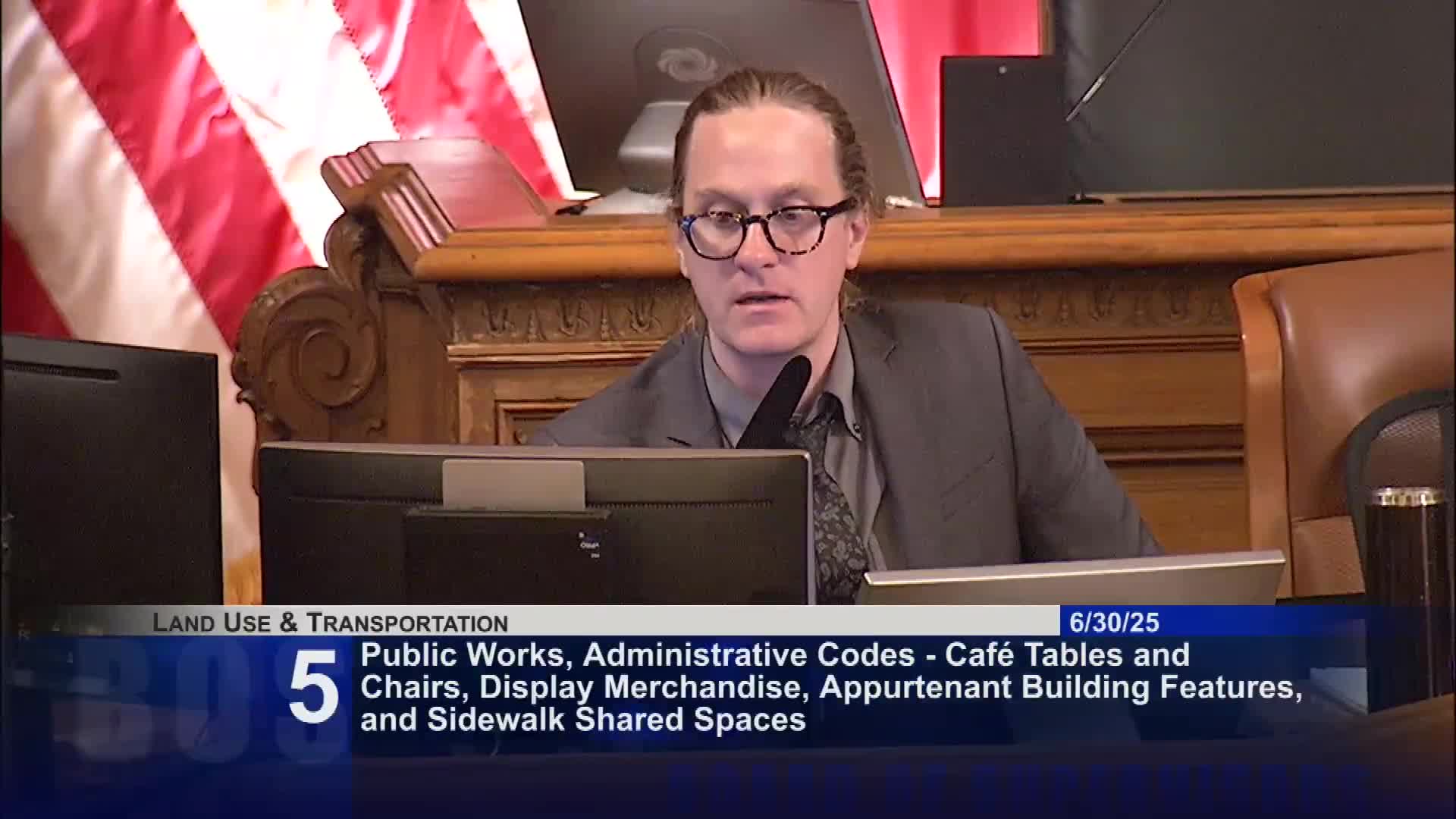
Committee recommends replacing tables-and-chairs permits with online registration and waiving minor encroachment fees
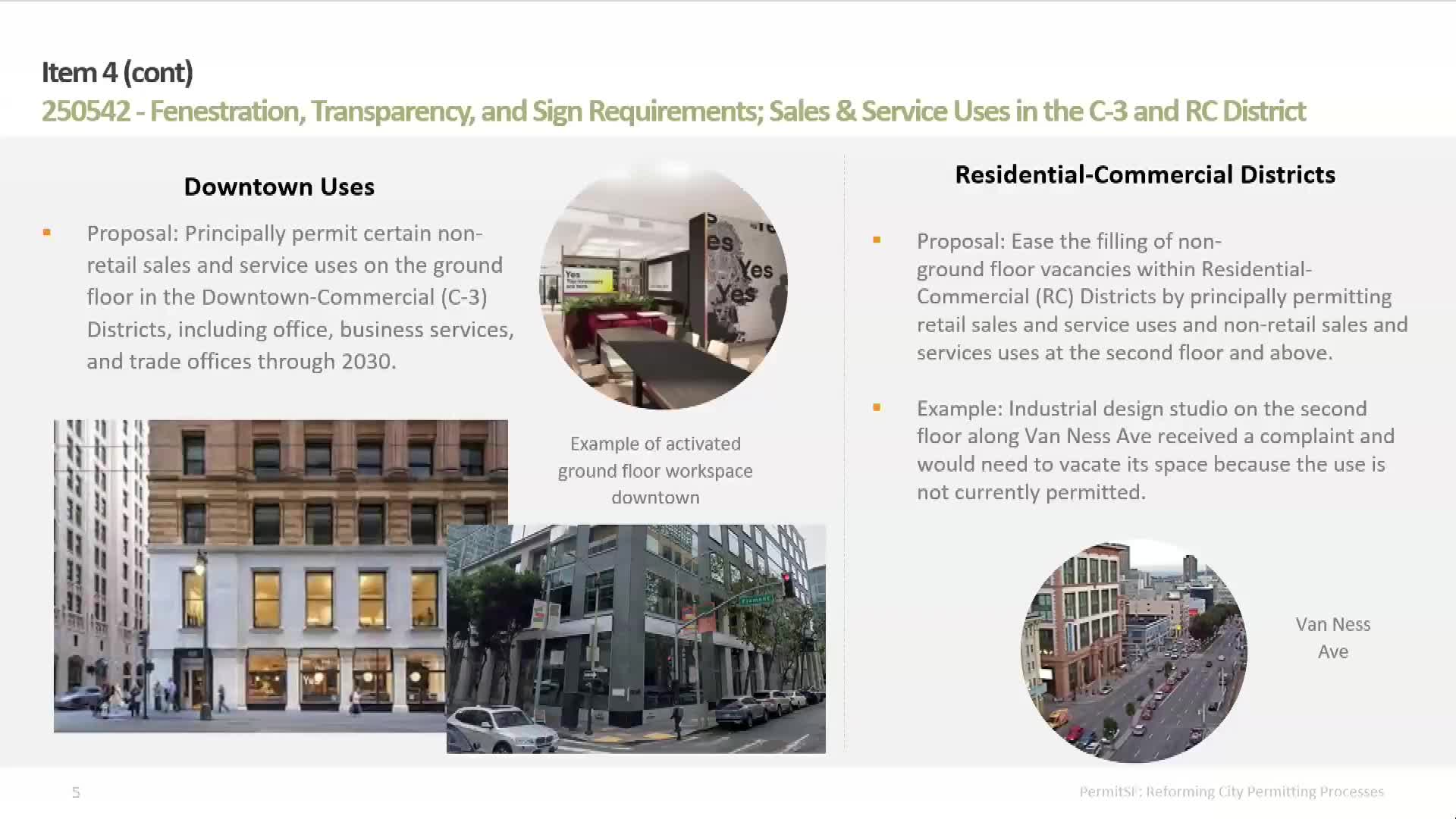
Committee adopts downtown and storefront code amendments, then continues substantive changes for further review
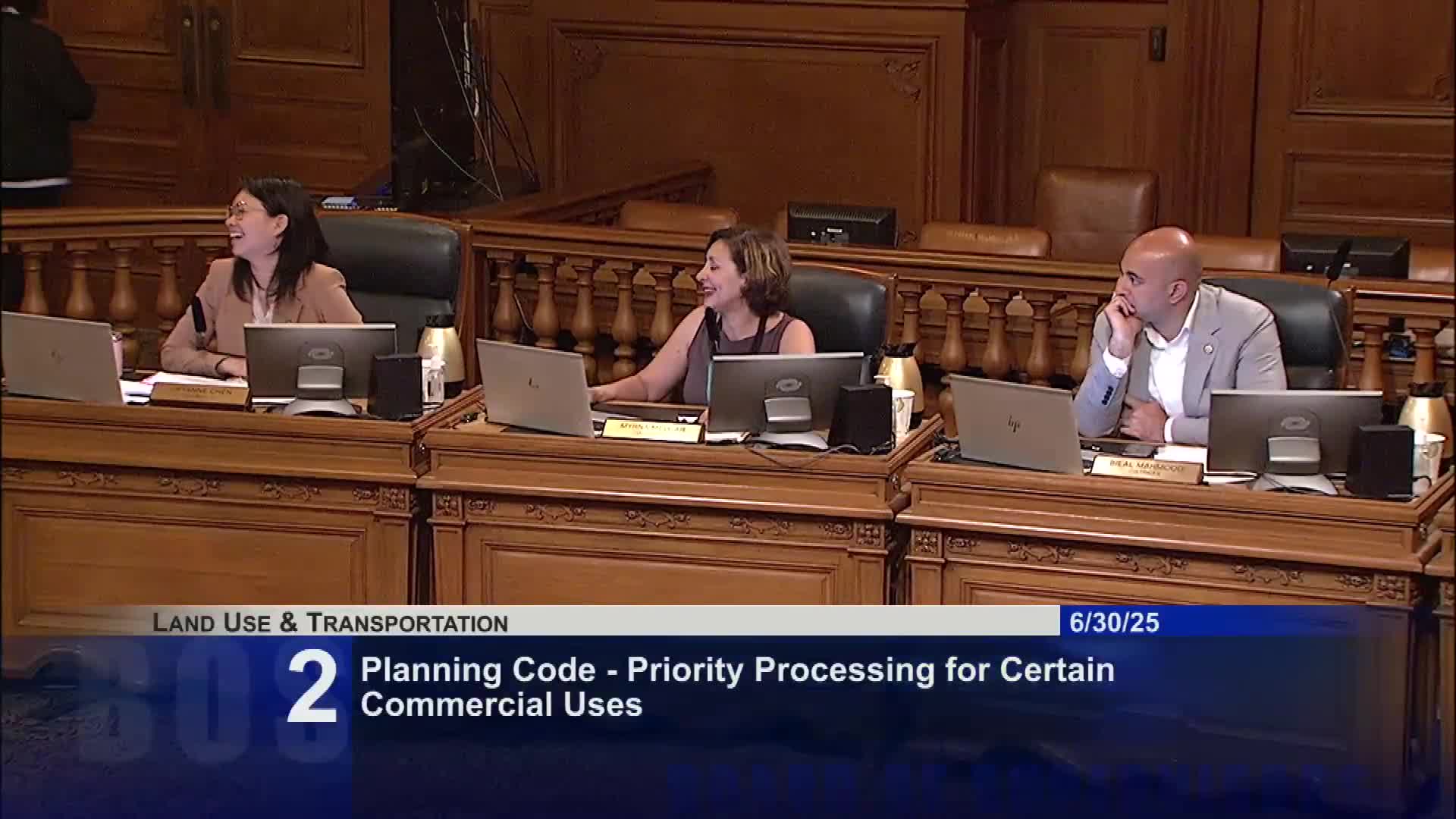
Committee approves extension of awning amnesty to existing signs, allows solid security gates for small businesses
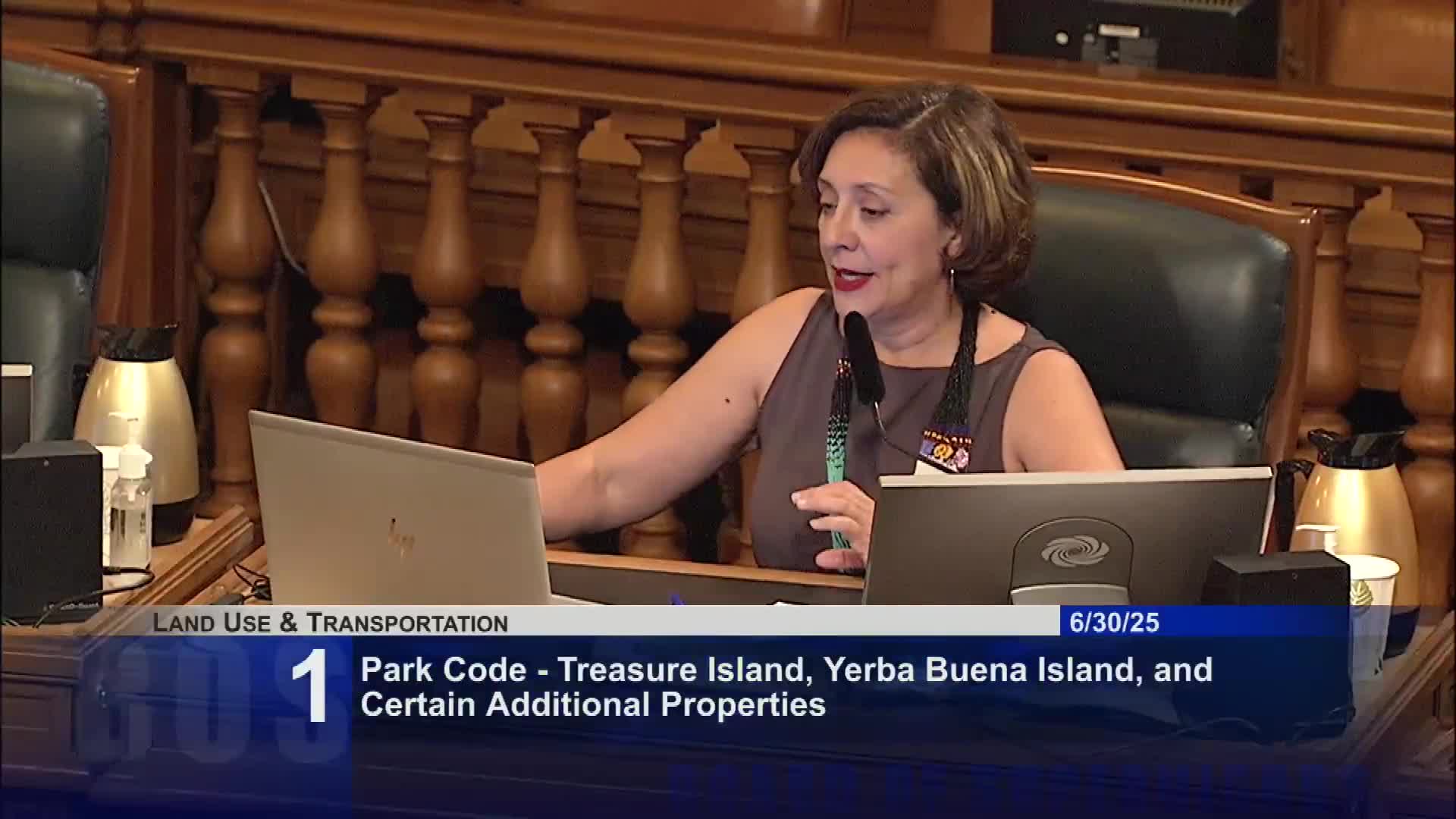
Committee narrows priority processing expansion after North Beach, Calle 24 groups press concerns
